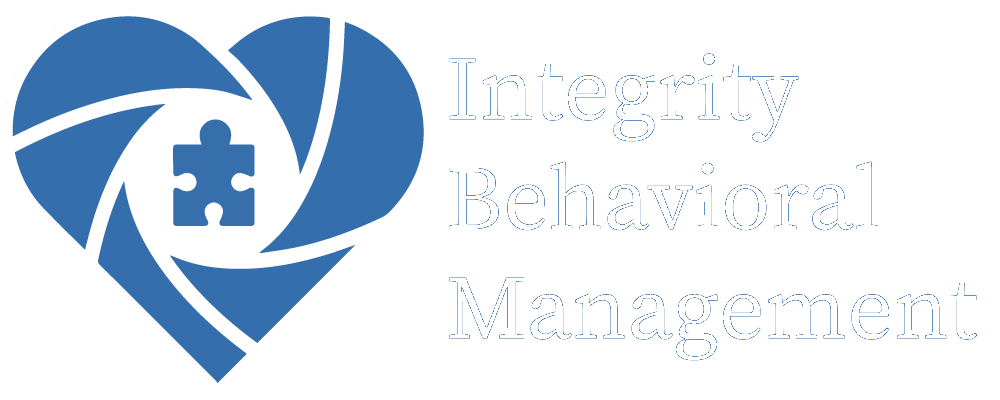Ambivalence is a prevalent and frequently debilitating experience in the process of addiction recovery. This inner struggle can present itself as uncertainty, delay, or even direct opposition to treatment, making it one of the most substantial obstacles to attaining and sustaining sobriety.
In this piece, we will delve into the impact of ambivalence in addiction recovery, providing understanding and techniques to assist individuals in maneuvering through this intricate emotional terrain.
The Role of Ambivalence in Addiction Recovery
Ambivalence, characterized by conflicting feelings about substance use and behavioral change, can hinder progress through the stages of change.
You may find yourself torn between the desire to quit and the fear of losing perceived benefits. This internal struggle can lead to prolonged indecision and inertia, making it difficult to move from contemplation to action.
Recognizing and acknowledging your ambivalence is crucial, as it allows you to explore your motivations and develop actionable steps towards recovery.
Supportive environments and effective addiction treatment approaches, such as motivational interviewing, can help you navigate this complex terrain and enhance your commitment to positive change.
Embracing Honest Self-Reflection
By engaging in self-reflection, you can acknowledge your mixed feelings about recovery, shedding light on the internal conflict between your desire to change and the fear of losing familiar coping mechanisms.
This process allows you to uncover the emotional pain that your addiction has been masking, helping you identify the true motivations behind your substance use or compulsive behaviors.
As you explore both the positive and negative aspects of your addiction during self-reflection, you’ll develop a more comprehensive understanding of your relationship with substances or behaviors.
Recognizing and articulating your ambivalence through self-reflection can serve as a catalyst for change, prompting you to seek support and take actionable steps towards recovery.

Building a Strong Support Network
Surround yourself with people who understand your struggles and can provide the emotional support you need during this challenging time.
Engage with peers or support groups who share similar experiences to foster a sense of belonging and reduce feelings of ambivalence.
Regularly communicate with your support network about your mixed feelings, allowing you to explore and resolve internal conflicts.
Reframing Thoughts and Emotions Through Therapy
As you work to overcome ambivalence in addiction recovery, engaging in therapy can be a powerful tool for reframing your thoughts and emotions.
Cognitive Behavioral Therapy (CBT) techniques can help you identify and challenge distorted beliefs that fuel ambivalence, fostering a more positive outlook on recovery.
By integrating mindfulness practices into therapy, you can enhance emotional regulation, allowing you to observe your feelings without judgment and reduce the intensity of ambivalent emotions.
Supportive therapeutic relationships provide a safe space for you to express your ambivalence, facilitating deeper self-awareness and motivating positive change.
As you engage in therapy, you’ll learn to reconstruct your personal story, viewing your experiences with addiction as a part of your journey rather than your identity.
Setting Achievable Goals and Celebrating Progress
When you set achievable goals and celebrate your progress, you’ll find it easier to overcome ambivalence in addiction recovery.
Utilizing the SMART criteria ensures your goals are specific, measurable, achievable, relevant, and time-bound, providing a clear roadmap for success. As you break the recovery process into manageable steps, you’ll build self-efficacy and reinforce positive behaviors.
Regularly reviewing and adjusting your goals based on personal progress allows you to remain flexible and responsive to your changing needs.
By acknowledging and celebrating each milestone, no matter how small, you’ll foster a sense of accomplishment that strengthens your commitment to sobriety.
Maintaining the Momentum
Consistently engaging in recovery activities, such as attending therapy sessions, participating in support groups, or practicing new coping strategies, helps individuals build a rhythm of positive behavior that can counteract the pull of ambivalence.
This momentum reinforces the decision to change by providing tangible evidence of improvement and reducing the space for doubt or hesitation. It also creates a supportive environment where the individual is surrounded by others who are also committed to sobriety, offering encouragement and accountability.
By maintaining this momentum, individuals can better manage the ups and downs of recovery, making it less likely for ambivalence to derail their progress.
Final Thoughts from Integrity Behavioral Health
At Integrity Behavioral Management in New Orleans, we offer an Intensive Outpatient Program designed to provide the support, guidance, and tools necessary for navigating the complexities of ambivalence. Here you’ll find a community that understands the struggle, professionals committed to your success, and a program tailored to help you resolve the internal conflicts that can hinder recovery.





